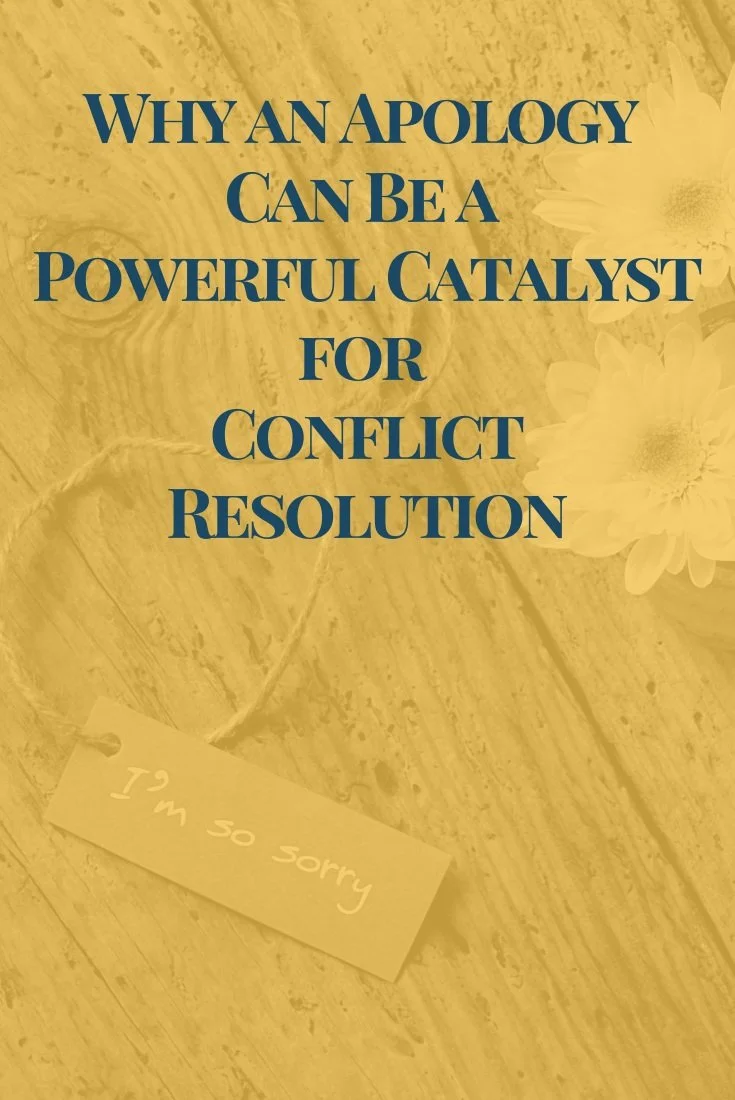When you think of reconciliation, perhaps you picture a hug between friends after an apology. Or maybe an image of a person confessing their wrongdoings to a religious leader comes to mind. Or you envision two groups making amends after years of vicious fighting. You might be even thinking of a recent personal experience of your own reconciliation in your head. The notion of reconciliation is unique for all of us and as old as the first conflict. Reconciliation is more than an event. It’s a complex process that can have lasting and positive impacts on relationships. Because of this, it's important to understand the power of reconciliation in mediation, and how it can transform conflict into sustainable harmony.
Why an Apology Can Be a Powerful Catalyst for Conflict Resolution
A genuine apology can promote healing and connection. An apology involves more than simply saying “I’m sorry.” It is a process. Effective apologies require courage, compassion, humility, and sincerity. An apology’s effectiveness, however, is not dependent on the recipient’s acceptance of the apology. There may be barriers to giving or receiving apologies. When the conditions are right, however, an apology can be a powerful catalyst for conflict resolution.



